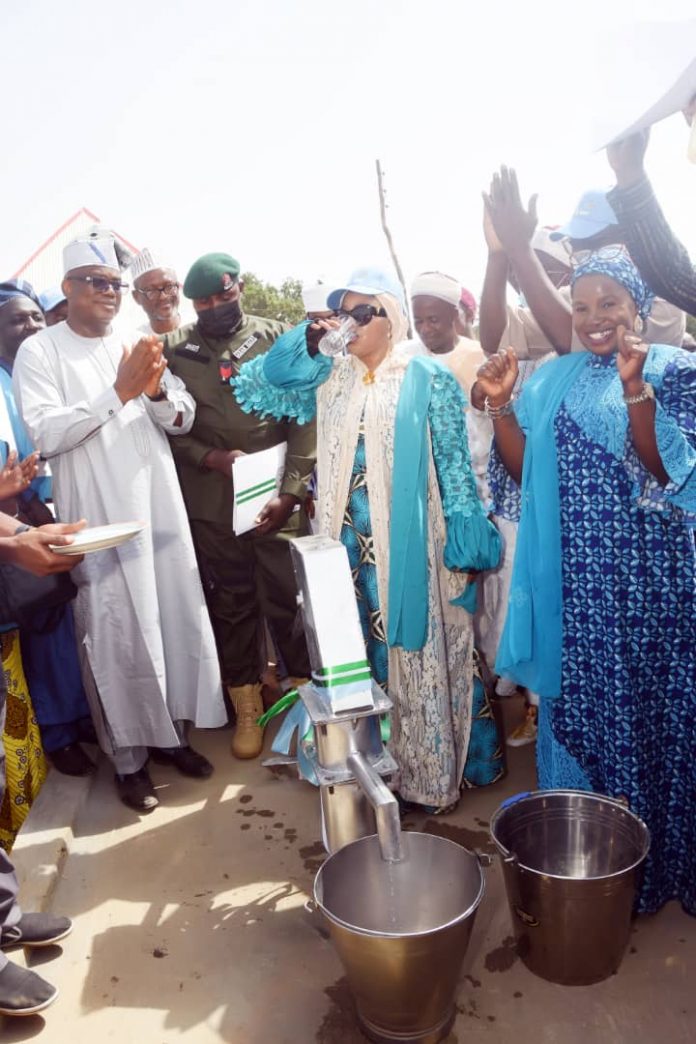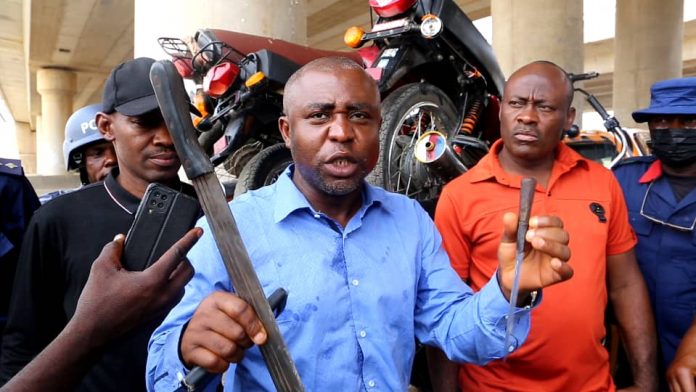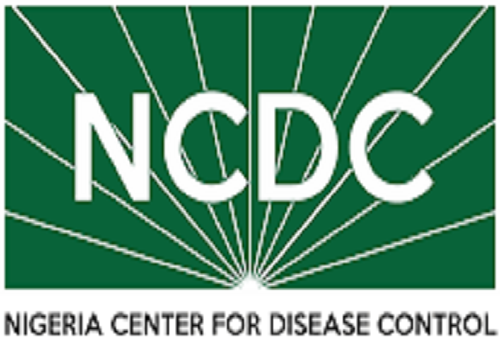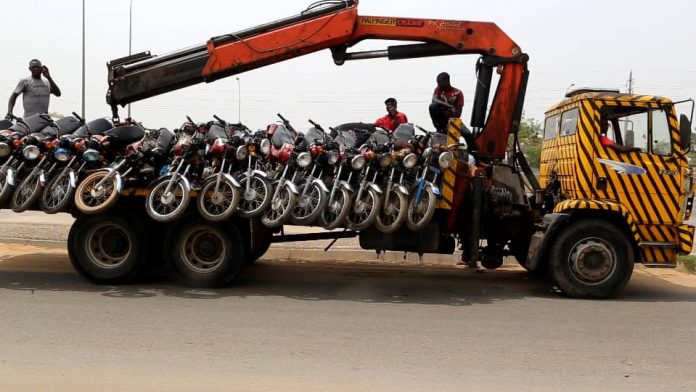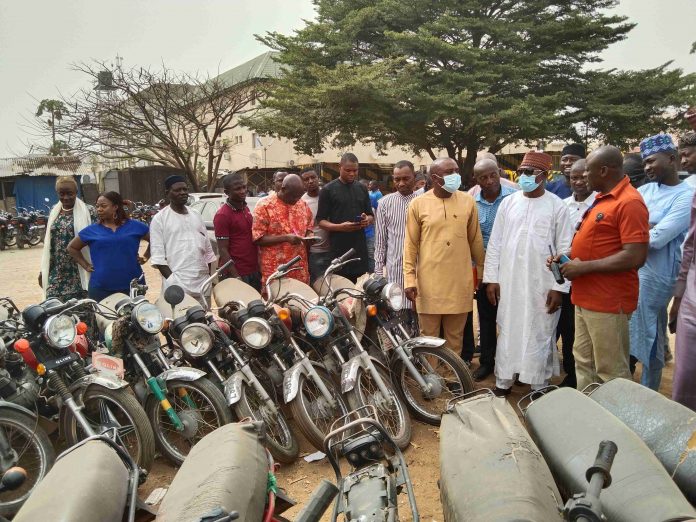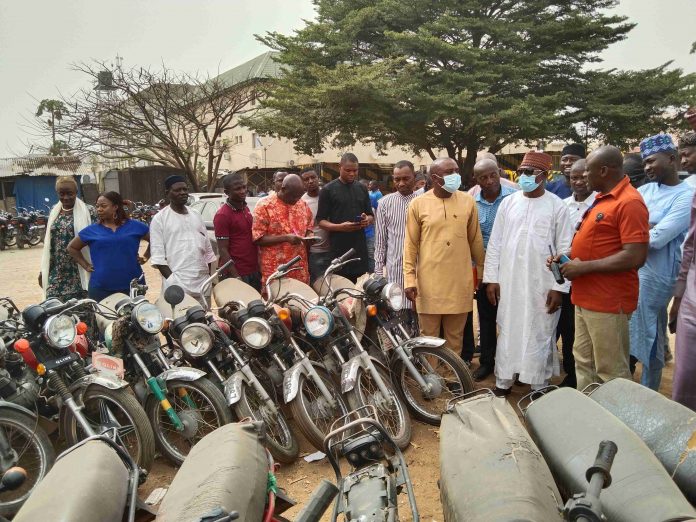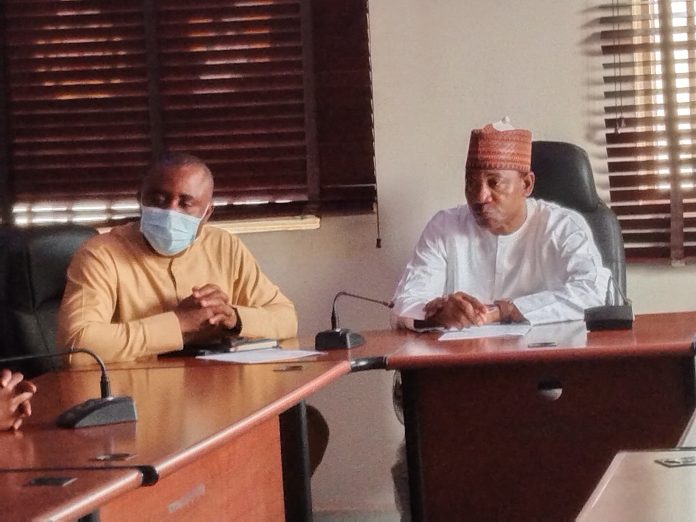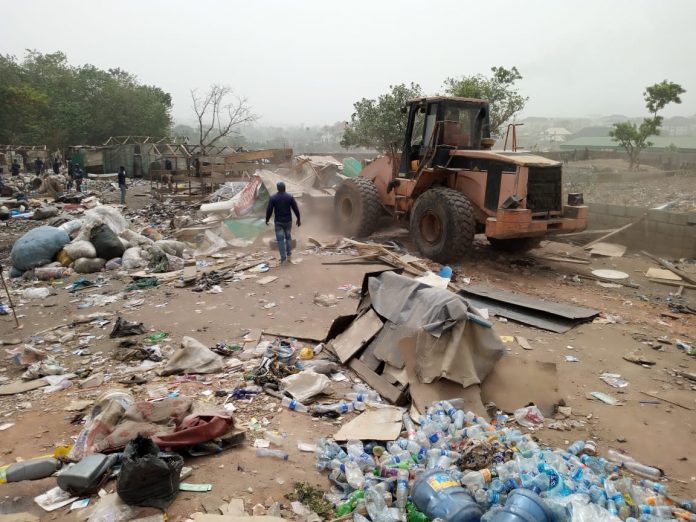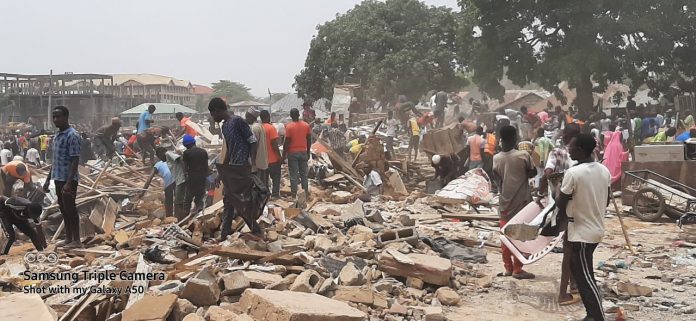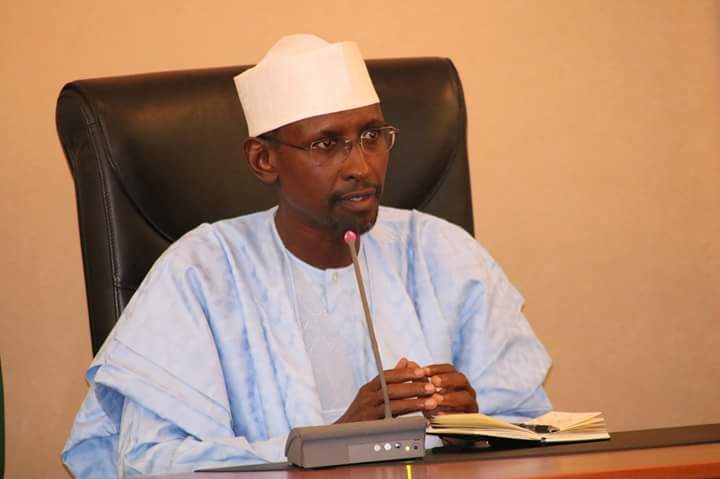The Federal Capital Territory (FCT) Minister of State , Dr. Ramatu Tijjani Aliyu has revealed that the Federal Capital Territory Administration (FCTA) has built 192 rural water supply projects of various sorts across the six area councils in the previous six months as part of measures to improve inhabitants’ health and dignity.
She made this revelation at the 2022 World Water Day in Abuja with the theme: “Groundwater: Making the Invisible, Visible”, also stressed that groundwater is central to surviving and adapting to climate change and meeting the needs of a growing population.
The minister used the occasion to reveal that the FCT Rural Water Supply and Sanitation Agency in collaboration with Japan International Cooperation Agency and UNICEF, has trained about 60 community artisans on the maintenance of rural water supply schemes to ensure sustainability of the facilities.
Her words, “Water, Sanitation and Hygiene Committees (WASHCOMs) are currently being established in each beneficiary community to be in charge of operation and management of the facilities”.
Aliyu emphasized that the optimal benefits that accrue from adequate water supply cannot be achieved without a corresponding improved sanitation and hygiene practices, while noting that access to adequate potable water and improved sanitation and hygiene practices, play important roles in defining the human capital development of a nation.
She further stated, “In recognition of this, I performed a historic declaration of a State of Emergency in Water, Sanitation and Hygiene (WASH) in the Federal Capital Territory. The event was a clear demonstration that the Administration has officially stepped into the national push to end open defecation, accelerate access to safe water and improved hygienic practices for all residents of the Territory, thus leaving no one behind”
While commending the FCT Rural Water Supply and Sanitation Agency for the provision of borehole to Mawyeya community in Abuja Municipal Area Council, the minister charged the agency to do more in other area councils.
Earlier, in his remarks, the Executive Director, FCT Rural Water Supply and Sanitation Agency, Malam Dan Hassan Ali, affirmed that the project was in fulfillment of the core mandate of RUWASSA to improve access to safe water by provision of new and rehabilitation of existing water schemes in rural communities across the Federal Capital Territory.
He also stated that the provision of borehole to Mawyeya community was the first time residents of the community would have access to safe water supply, just as he appealed to residents of the community to protect and sustainably manage the project.

